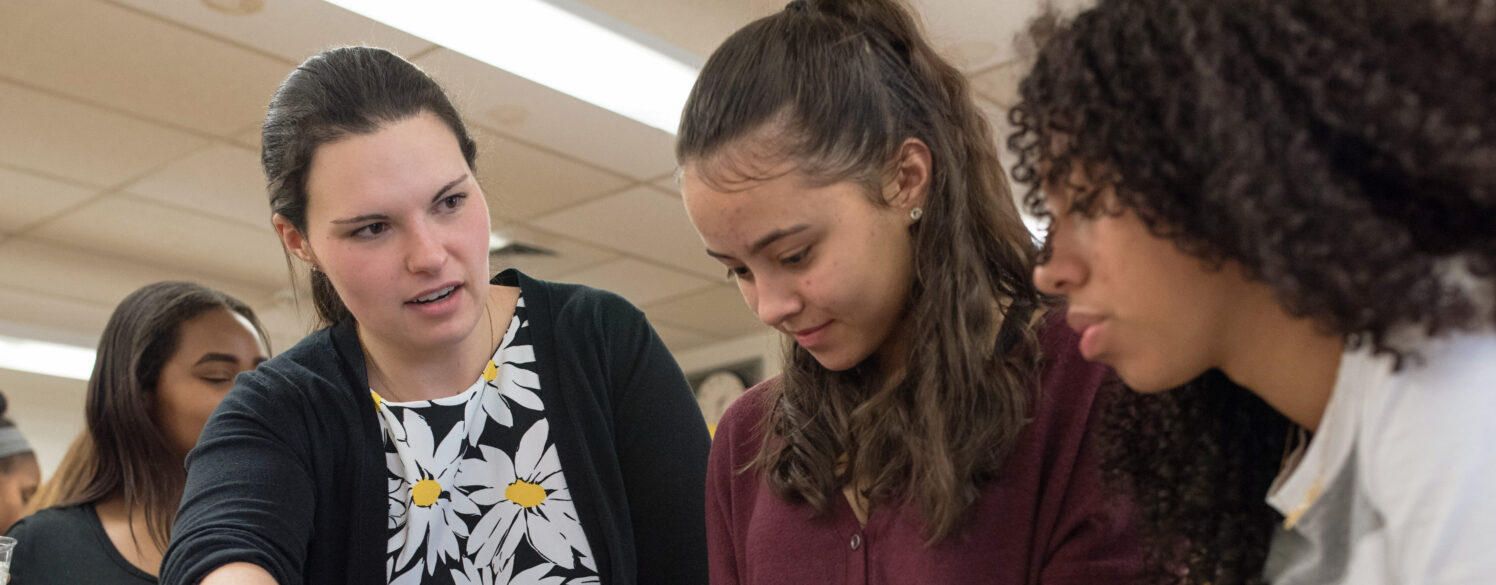Valuable Tools for Educators

Resources
-
Professional Learning Resource Teacher Leadership Empowering Early Career STEM Teachers: Collaborative Conversations for Equitable PracticesIn this webinar, we present a specialized tool designed to assist early-career STEM teachers (ECSTs) in identifying factors within complex systems that impact collaborative relationships between colleagues. This tool aids ECSTs in meaningful discussions about implementing equitable teaching practices across all grade bands and content levels, fostering shifts in their own and their colleagues’ approaches.
View Resource -
Professional Learning Resource Inquiry Identifying Leverage Points for Change: Using the Activity Systems Framework to Create EquitableLearning EnvironmentsWelcome to the ‘Strengthening your Teaching Practice through Practitioner Inquiry’ Webinar Series part 1! Part 1 is all about the Activity Systems Framework (ASF) presented by Knowles Director, Teaching Fellows Program Jen Mossgrove.
View Resource -
Professional Learning Resource Inquiry Teacher Leadership Your Story Matters: A Guide to Moving from Practice to PublicationThe public narrative about education often lacks teacher voices. Teachers face barriers in deciding what to write as well as where and how to make their stories public. This resource is intended to reduce those barriers by helping teachers decide systematically on a writing topic and venue.
View Resource -
Blog Equity Teaching Strategies The Work is Theirs: Honoring Student Thinking Through Task DesignMany lessons look smooth and engaging—but beneath the surface, who’s really doing the thinking? This post explores how one teacher learned to shift from polished, teacher-driven lessons to tasks that invite students to grapple, make meaning, and do the real work of learning through productive struggle.
View Resource -
Blog Teacher Leadership Teacher Leaders Need Coaches, TooHow can teacher leaders find support and professional learning as they step into a new role? The answer for me was finding a leadership coach.
View Resource